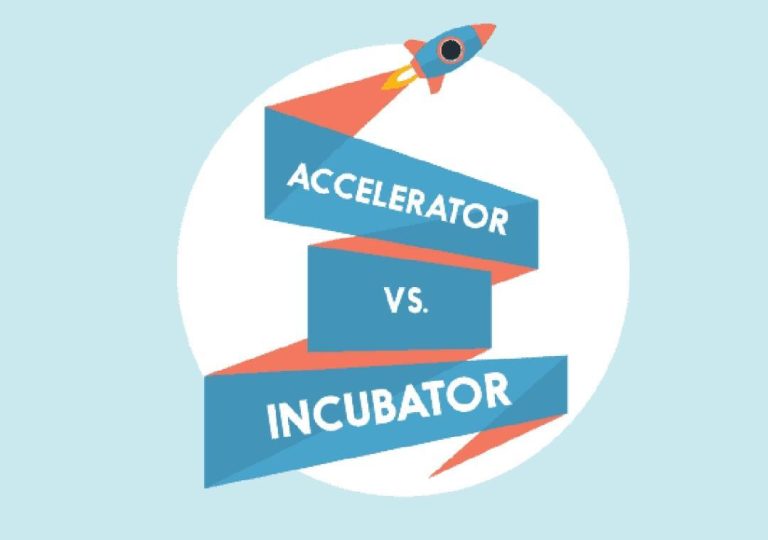
AI Unlocks Hyper-Personalisation in Real-Time
In today’s digital landscape, personalisation is no longer a nice-to-have, but a must-have for businesses looking to stay ahead of the competition. With the rise of artificial intelligence (AI), hyper-personalisation is now possible in real-time, enabling companies to deliver tailored experiences that resonate with their customers like never before.
In this blog post, we’ll explore how AI is revolutionising personalisation, and the extraordinary benefits it brings to businesses that adopt it. From recommending Netflix shows to optimising e-commerce journeys, AI-powered personalisation is transforming the way companies interact with their customers.
What is AI-Powered Personalisation?
AI-powered personalisation is the ability to use machine learning algorithms to understand individual customer preferences, interests, and behaviors in real-time. This information is then used to deliver tailored content, products, or services that are specifically designed to meet their needs and preferences.
For example, when you log onto Netflix, the platform uses AI to recommend shows and movies based on your viewing history, search queries, and ratings. This level of personalisation is not only convenient but also increases the likelihood of you finding something you’ll enjoy.
The Power of Real-Time Personalisation
AI-powered personalisation is not limited to entertainment platforms. Businesses across various industries are now using AI to deliver real-time personalisation at scale. E-commerce companies are using AI to optimise customer journeys, offering relevant product recommendations, discounts, and promotions.
One of the most significant benefits of AI-powered personalisation is its ability to drive conversions. According to a study by Growth Jockey, businesses that embed AI into their customer touchpoints see an average uplift of 80% in conversion rates. This is because AI-powered personalisation allows companies to deliver targeted offers and recommendations that resonate with their customers.
How AI-Powered Personalisation Works
So, how does AI-powered personalisation work? The process typically involves the following steps:
- Data Collection: AI algorithms collect data on customer interactions, including clicks, purchases, and searches.
- Data Analysis: The collected data is then analyzed using machine learning algorithms to identify patterns, preferences, and behaviors.
- Model Training: The AI model is trained on the analyzed data to predict customer preferences and behaviors.
- Real-Time Processing: The trained AI model is then used to process customer data in real-time, delivering tailored content, products, or services.
Real-Life Examples of AI-Powered Personalisation
- E-commerce: Online retailer, ASOS, uses AI-powered personalisation to offer customers relevant product recommendations based on their browsing and purchase history.
- Travel: Hotel booking platform, Booking.com, uses AI to offer customers tailored travel recommendations based on their search history and preferences.
- Finance: Bank, Barclays, uses AI-powered personalisation to offer customers tailored financial advice and product recommendations based on their transaction history and financial goals.
Challenges and Opportunities
While AI-powered personalisation offers numerous benefits, there are also challenges and opportunities to consider:
Challenges:
- Data Quality: AI algorithms require high-quality data to deliver accurate results. Poor data quality can lead to inaccurate predictions and poor customer experiences.
- Transparency: AI-powered personalisation can raise concerns around transparency and data privacy. Companies must ensure that customers are aware of how their data is being used.
- Scalability: AI-powered personalisation can be complex and require significant resources. Companies must ensure that their infrastructure can handle the demands of real-time processing.
Opportunities:
- Increased Customer Engagement: AI-powered personalisation can increase customer engagement and loyalty by delivering tailored experiences that meet their needs and preferences.
- Competitive Advantage: Companies that adopt AI-powered personalisation can gain a competitive advantage over those that don’t.
- New Revenue Streams: AI-powered personalisation can create new revenue streams by offering customers tailored products and services that meet their specific needs.
Conclusion
AI-powered personalisation is revolutionising the way businesses interact with their customers. By delivering tailored experiences in real-time, companies can increase conversions, drive loyalty, and gain a competitive advantage. As the technology continues to evolve, we can expect to see even more innovative applications of AI-powered personalisation across various industries.
Source:
https://www.growthjockey.com/blogs/what-is-ai-and-ml-how-is-it-important
Growth Jockey is a leading digital marketing agency that helps businesses grow through AI-powered personalisation and other innovative marketing strategies.






